Pope Leo takes on AI as a potential threat to humanity
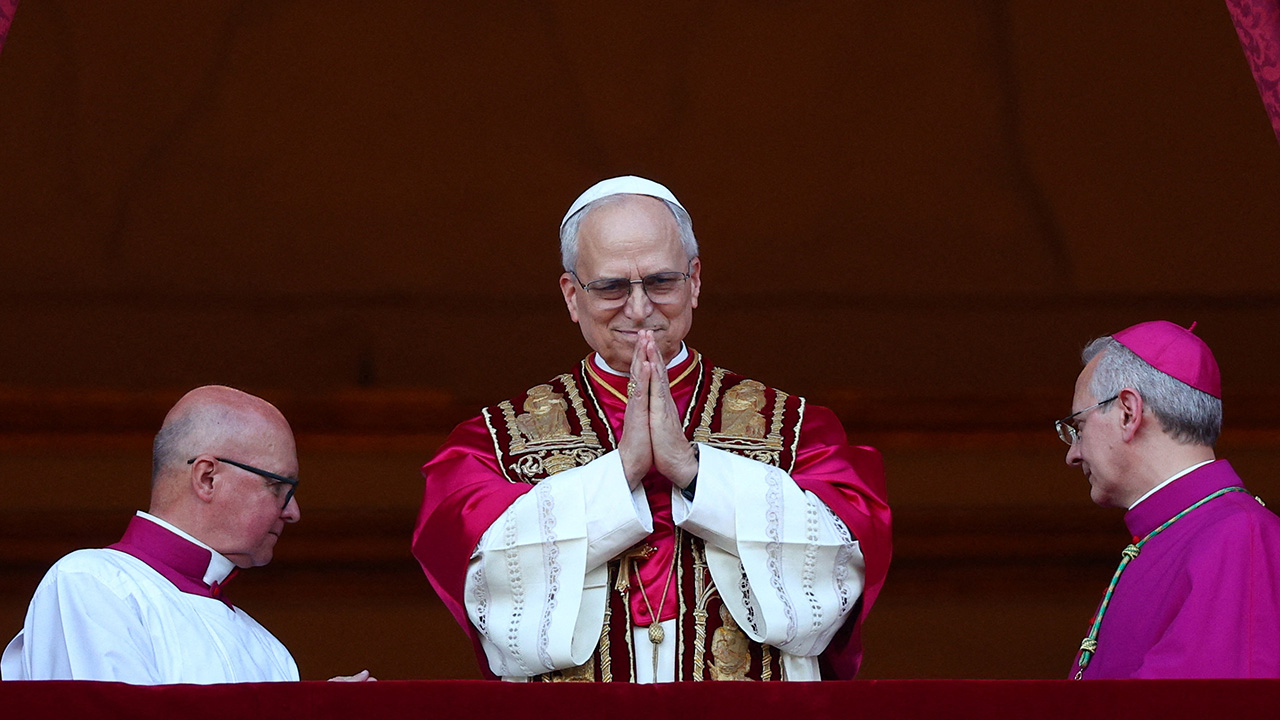
Two days into his reign, the new American pope spoke softly to a hall full of red-capped cardinals and invoked the digital-age challenge to human dignity he intended to address with the power of his 2,000-year-old office: artificial intelligence.
The princes of the Catholic Church listened intently as Pope Leo XIV laid out his priorities for the first time, revealing that he had chosen his papal name because of the tech revolution. As he explained, his namesake Leo XIII stood up for the rights of factory workers during the Gilded Age, when industrial robber barons presided over rapid change and extreme inequality.
"Today, the church offers its trove of social teaching to respond to another industrial revolution and to innovations in the field of artificial intelligence that pose challenges to human dignity, justice and labor," Leo XIV told the College of Cardinals, who stood and cheered for their new pontiff and his unlikely cause.
OPENAI CEO ACCUSES META OF OFFERING $100 MILLION BONUSES TO POACH EMPLOYEES
The 267th pope, a son of Chicago, is making the potential threat of AI to humanity a signature issue of his pontificate, challenging a tech sector that has spent years trying to cultivate the Vatican as an ally.
Over the past decade, many of Silicon Valley’s most powerful executives have flown to Rome to shape how the world’s largest Christian denomination thinks and speaks about their innovations. The leaders of Google, Microsoft, Cisco and other tech powerhouses have debated the philosophical and societal implications of increasingly intelligent machines with the Vatican, hoping to share the benefits of emerging technologies, win over the moral authority and potentially steer its influence over governments and policymakers.
While the dialogue has been friendly, the two sides have views that only partly overlap. The Vatican has been pushing for a binding international treaty on AI, which some tech CEOs want to avoid.
A number of companies support voluntary ethical guidelines, preferring them to legally binding regulation of AI, which the European Union is gradually rolling out. The Trump administration has rescinded Biden-era AI regulations and has attacked Europe for trying to impose binding rules. Some tech executives reject even broad guidelines.
Pope Francis said early in his reign that he barely knew how to use a computer. Yet the more familiar he became with AI, the more concerned he grew. He became a leading global voice on the potential dangers it could pose to humanity, increasingly meeting tech executives to discuss the matter.
Pope Leo, a math graduate who is more tech-savvy than his predecessor, is equally skeptical of unregulated AI—and he is picking up where Francis left off.
"Leo XIV wants the worlds of science and politics to immediately tackle this problem without allowing scientific progress to advance with arrogance, harming those who have to submit to its power," said Cardinal Giuseppe Versaldi, who has known Leo well for many years.
This week, the Vatican is hosting executives from Google, Meta, Anthropic, Cohere and Palantir in its grand Apostolic Palace, as part of a two-day international conference in Rome on AI, ethics and corporate governance co-chaired by David Berger, a partner at law firm Wilson Sonsini that advises some of the largest tech companies, and Pierluigi Matera, a partner at Libra Legal Partners, who works with the Vatican.
The pope is expected to deliver a written message to the conference participants, but has yet to have meetings with tech CEOs so early in his papacy. Microsoft President Brad Smith is slated to meet with Vatican officials in Rome this month and Google has been in touch with the Vatican about a potential meeting with Leo, people familiar with the matter said.
The encounters could give the companies powering the rise of AI a glimpse of whether Leo will offer friendly counsel or a firm challenge.
To understand the roughly decadelong dialogue between the Catholic Church and Silicon Valley’s leading lights, the Journal spoke to nearly 30 tech executives, clergymen and the historians and futurists they have consulted. These people described their detailed conversations, often held in secret, over the future of AI.
OPENAI SAYS THIS STATE WILL PLAY CENTRAL ROLE IN ARTIFICIAL INTELLIGENCE DEVELOPMENT
The American pope’s invocation of the 1890s is the latest chapter in the Catholic Church’s ambivalent relationship with capitalism. Whereas President Trump sees the Gilded Age as a golden era to which the U.S. should return, Pope Leo views it as a warning from history.
Leo XIII, who reigned in the late 19th century, was the first pope to systematically confront the social impact of the industrial revolution. Nicknamed "the Pope of the Workers," Leo pressed governments to pass laws to protect laborers from the ruthless capitalists of the era.
Leo XIII’s views were profoundly influenced by an American prelate, Cardinal James Gibbons of Baltimore, who told him about the plight of factory workers in the U.S., many of them Catholic immigrants from European countries such as Italy and Ireland. If the Church didn’t help labor, Gibbons warned the pope, then godless Communists would fill the void.
In a groundbreaking 1891 encyclical called Rerum Novarum—Latin for "Of New Things"—Leo XIII backed calls for labor unions, living wages and safer working conditions. But he also affirmed the right to private enterprise and property.
"The hiring of labor and the conduct of trade are concentrated in the hands of comparatively few; so that a small number of very rich men have been able to lay upon the teeming masses of the laboring poor a yoke little better than that of slavery itself," Leo XIII wrote.
Rerum Novarum laid the foundation for modern Catholic social teaching, inspiring Catholic labor movements. It also influenced a powerful brand of moderate conservative politics in Europe after World War II, which believed in capitalism but with strong guardrails.
OPENAI BACKS OFF PUSH TO BECOME FOR-PROFIT COMPANY
In recent times, the Catholic Church has become increasingly vocal about inequality and the need for a more inclusive economy
Tech ethics weren’t immediately a central concern for Francis—who worried, at times, that the global poor lagged behind in their access to social media. He embraced Twitter, and became known within the Vatican as the "Snapchat Pope" for the selfies he took with visitors and Catholic faithful.
In 2016, the Vatican hosted some of Silicon Valley’s biggest names, including Mark Zuckerberg and Google’s Eric Schmidt to discuss how technology could be used for good.
Francis mentioned to Schmidt that he could use some help with a new Vatican YouTube channel aimed at youth, according to people familiar with the meeting. Schmidt sent a cadre of Googlers to the Vatican for several weeks to assist, but they became frustrated by the slow pace of Vatican bureaucracy, and the channel never materialized.
Bishop Paul Tighe, from Ireland, helped organize a series of closed-door conversations between Vatican hierarchy and tech leaders known as the Minerva Dialogues, after a Dominican church in Rome
At first, the conversation was mainly about the promise of growing digitization, but as time went by, the participants began to discuss their concerns about the rising political polarization that came with it, according to people familiar with the meetings.
During these years, Francis also began expressing concern over the massacres of the Rohingya people in Myanmar, which had in part been fueled by viral Facebook posts.
OPENAI SHAKES UP CORPORATE STRUCTURE WITH GOAL OF SCALING UP AGI INVESTMENT
Over time, tech leaders talked increasingly about coming breakthroughs in AI. "People were saying to us, ‘Look, this is going to raise questions about the future of humanity…and we’re interested in talking to all the traditional sources of wisdom,’" said Tighe.
In early 2019, Archbishop Vincenzo Paglia, then head of the Vatican’s Pontifical Academy of Life, said Microsoft reached out about a meeting with the company’s president, Brad Smith, to discuss the ethical implications of artificial intelligence.
Paglia was intrigued but also wary of Microsoft’s intentions. "In my office people were telling me: This guy wants the Vatican’s stamp of approval. Maybe it’s about sales," said Paglia. But he agreed to meet Smith, and they hit it off. "It was almost love at first sight. There was a mutual understanding of the vital importance of this issue," said Paglia.
Soon after, the archbishop met the pope with Smith. There was no time for a full briefing
"Tell me, who is this guy?" Francis asked Paglia as he prepared to greet Smith. To pique the pontiff’s interest, the archbishop said Smith was a lawyer who helped immigrants in the U.S. (Smith co-founded a nonprofit that gives migrant children legal assistance.) "OK, let’s go then," Francis replied.
"I couldn’t just say, ‘He is the president of Microsoft.’ I needed to make an emotional impact," explained Paglia. Microsoft had a yearslong relationship with Vatican officials but not at this level.
Smith told Francis at length about his vision for AI. "We see this technology as in service of humanity, not as a successor to it," Smith said in an interview
Paglia and Smith laid the groundwork for guidelines known as the Rome Call for AI Ethics, published in 2020, which corporate signatories including IBM and Cisco pledged to follow. The 12-page pledge committed AI-makers to not violate the privacy or human rights of users or to further discrimination, and proposed that "those who design and deploy the use of AI must proceed with responsibility." Some AI pioneers, including Google and OpenAI, so far haven’t signed up. Paglia hopes to get them on board.
The Vatican recognized the potential of AI to do good in areas such as healthcare, education and spreading the faith. There were clearly ethical quandaries to consider. The hope was that clergy and tech leaders could team up to set out principles.
In subsequent years, meeting the pope became a rite of passage for rising tech CEOs, including Anthropic’s Dario Amodei, Cohere’s Aidan Gomez and Markus Pflitsch of Terra Quantum, who called his meeting with Francis the "Holy Grail."
"There was a more positive sentiment or more or less consensus that we will be able to organize and use classical AI for the good…but we need to put the right governance structures in place," said Pflitsch.
Often, the visitors debated with the pope about the nature of technology and the divine, said Father Eric Salobir, a Dominican priest who attended some of the meetings.
In one meeting, Francis compared AI’s dependency on web content produced in a few languages—largely English—to the story of the Tower of Babel, in which overconfident humans, speaking a single tongue, attempted to build a tower to heaven, prompting God to scatter them and sabotage their creation.
During another meeting, the pope warned tech leaders against believing that they understood humans just because their data could predict human behavior: "You miss their humanity because you cannot reduce the human being to its data," Father Salobir recalled.
In 2023, an AI-generated image of Pope Francis wearing a stylish white puffer jacket became one of the first deepfakes to go viral. Many people around the world fell for it. Later that year, Francis warned of a "technological dictatorship" and called on governments to develop a legally binding international treaty to regulate AI.
Addressing the 2024 summit of G-7 leaders, he called AI "fascinating and terrifying." He said humanity faced a future without hope if "choices by machines" replaced people’s decisions about their lives.
GET FOX BUSINESS ON THE GO BY CLICKING HERE
In January this year, the Vatican warned in a document on AI that even if the technology had constructive uses, a handful of tech companies could gain wealth and power at the expense of the many. Militaries might race to develop autonomous weapons, lacking in human judgment or morality. Children risked growing up in a dehumanized world, with chatbots as their guides.
After Francis died in April, AI was a big topic of discussion among cardinals arriving in Rome to elect his successor. Several European prelates warned that AI was crowding out the space for God in modern life. Some of their colleagues from Africa expressed misgivings about the tech industry’s bottomless appetite for minerals buried beneath their soil.
They’re now waiting to see how Leo will use the church’s moral authority to push for strong rules on AI.
"These tools shouldn’t be demonized, but they need to be regulated," said Cardinal Versaldi. "The question is, who will regulate them? It’s not credible for them to be regulated by their makers. There needs to be a superior authority."





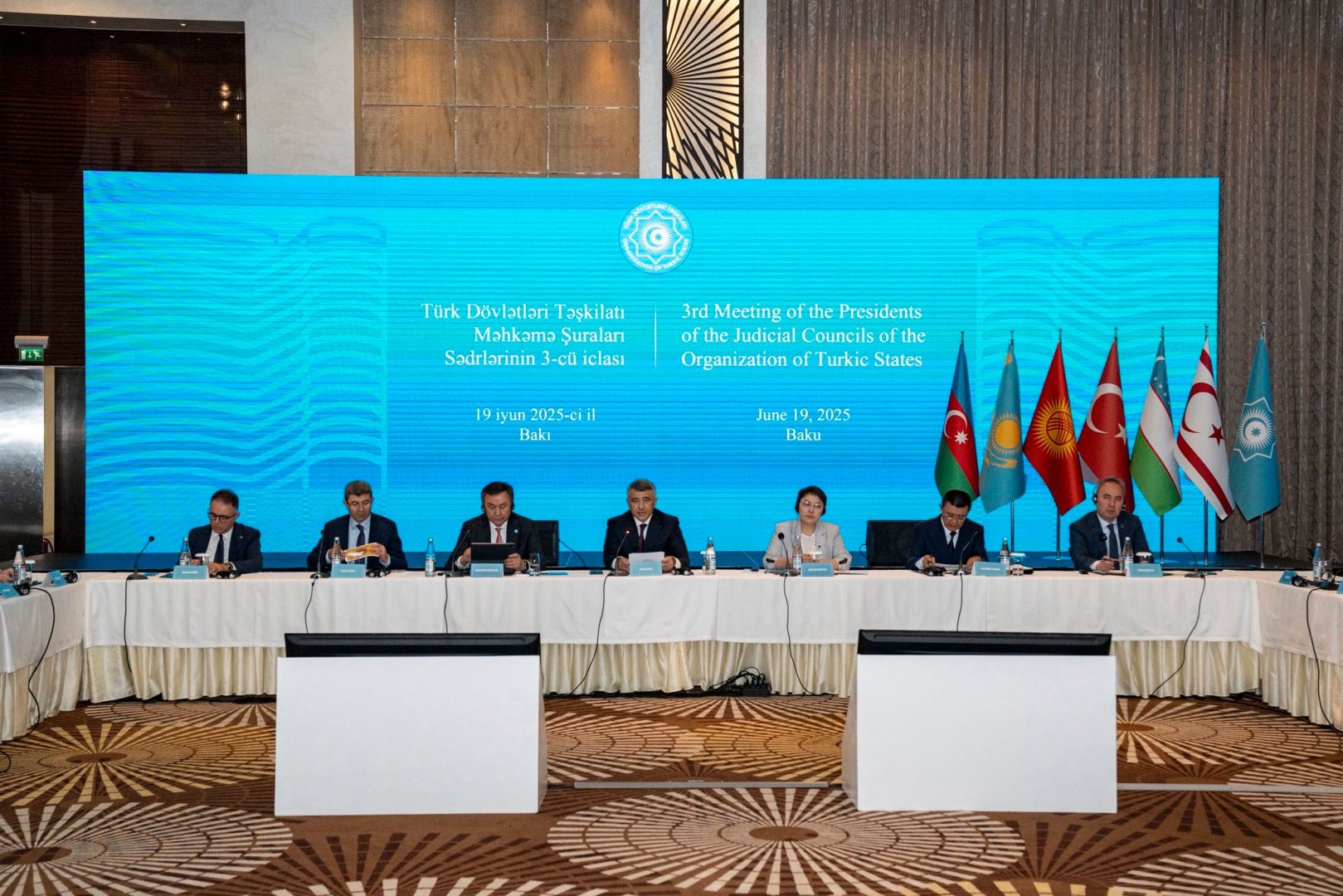

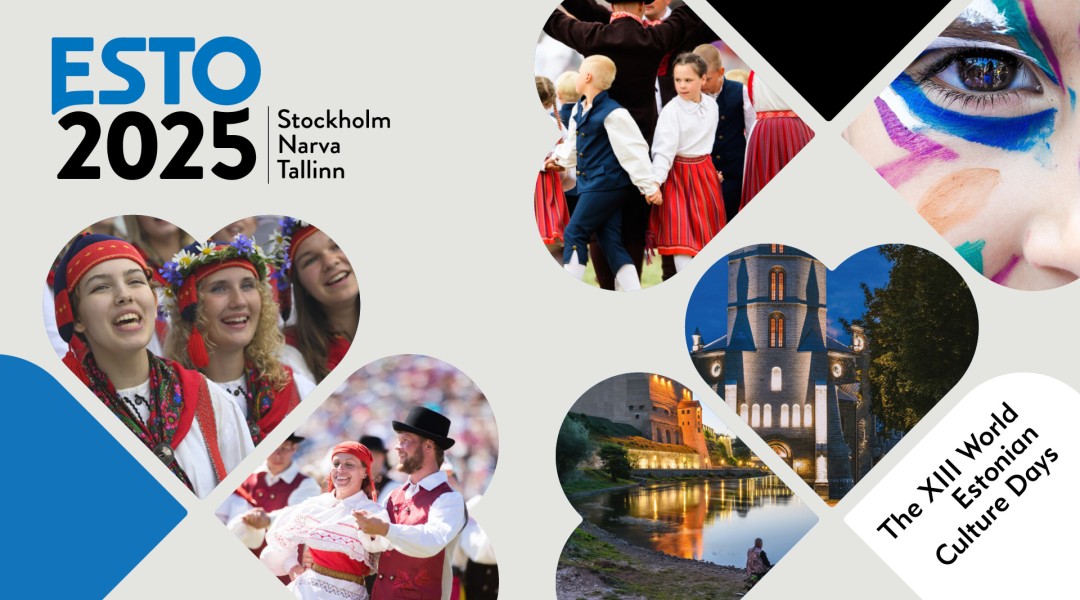
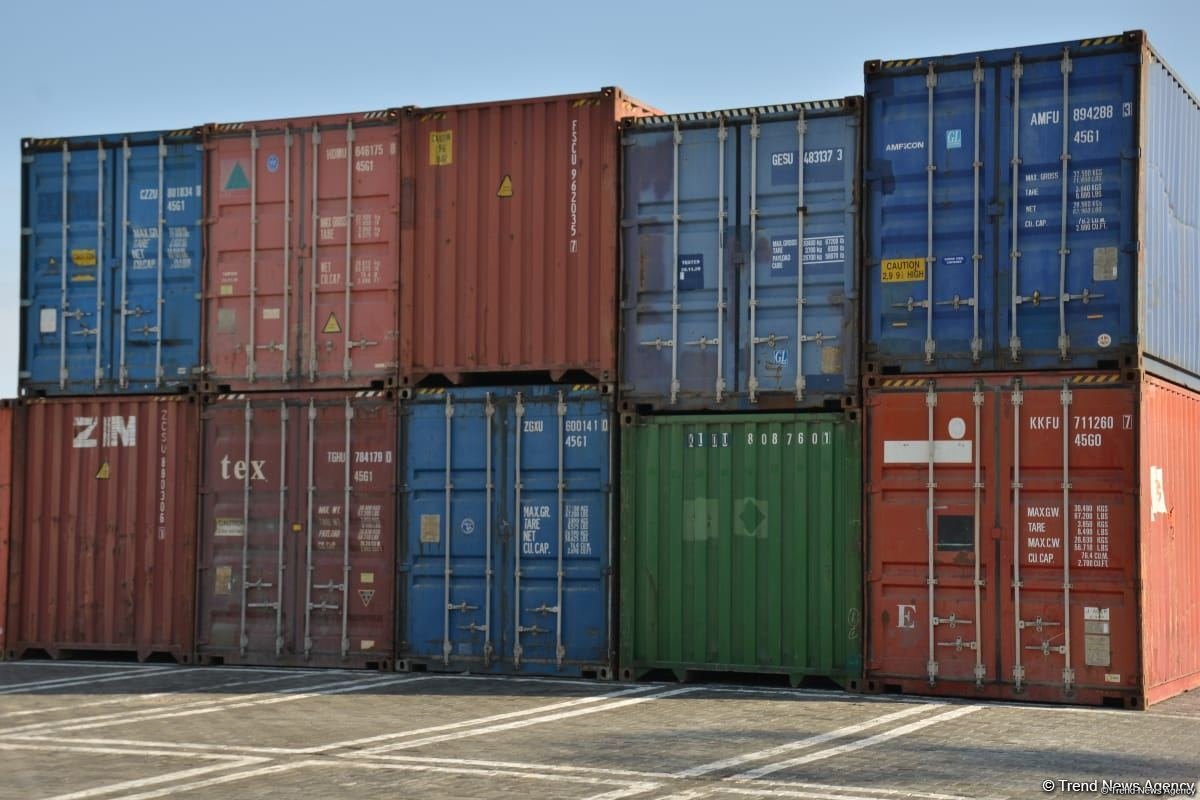















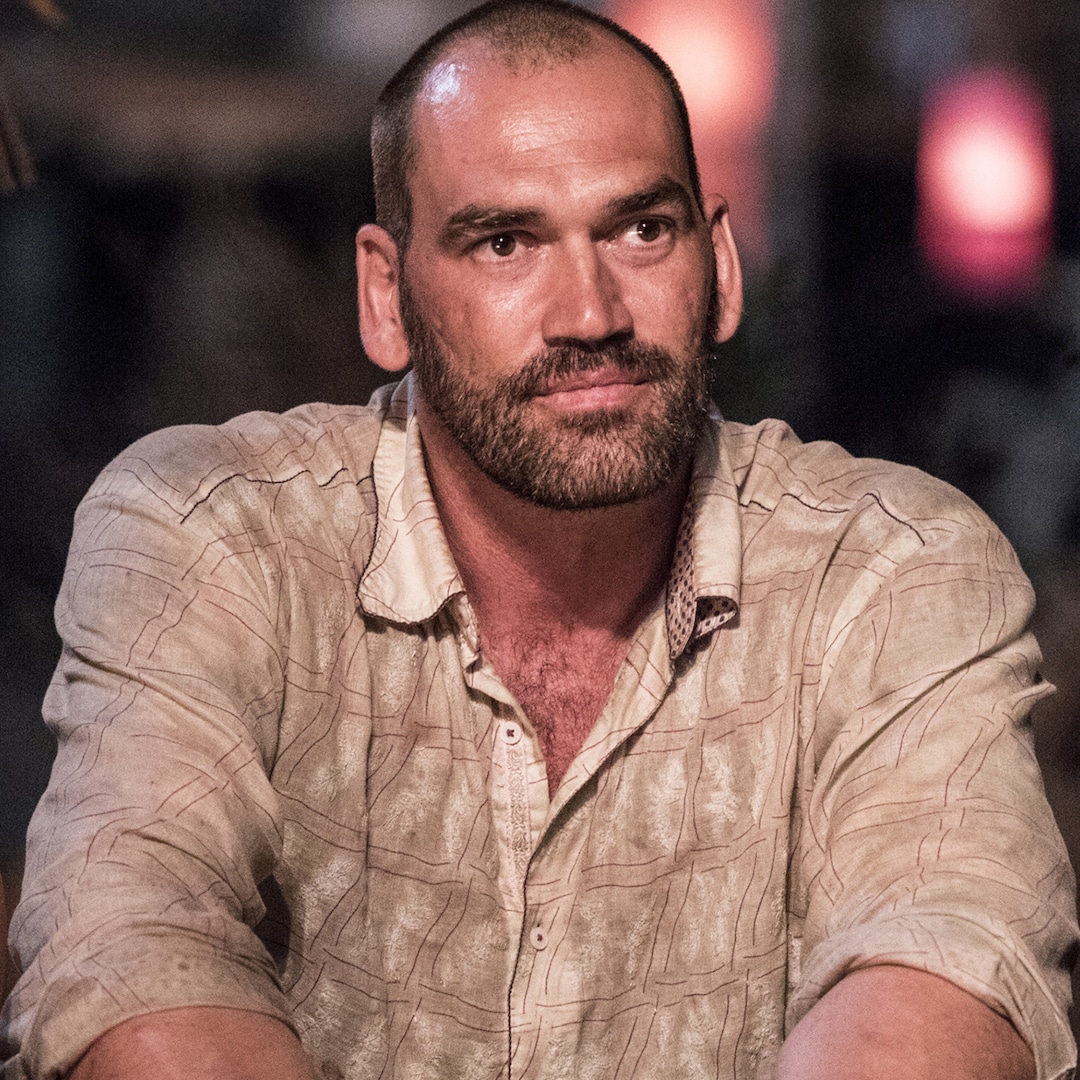
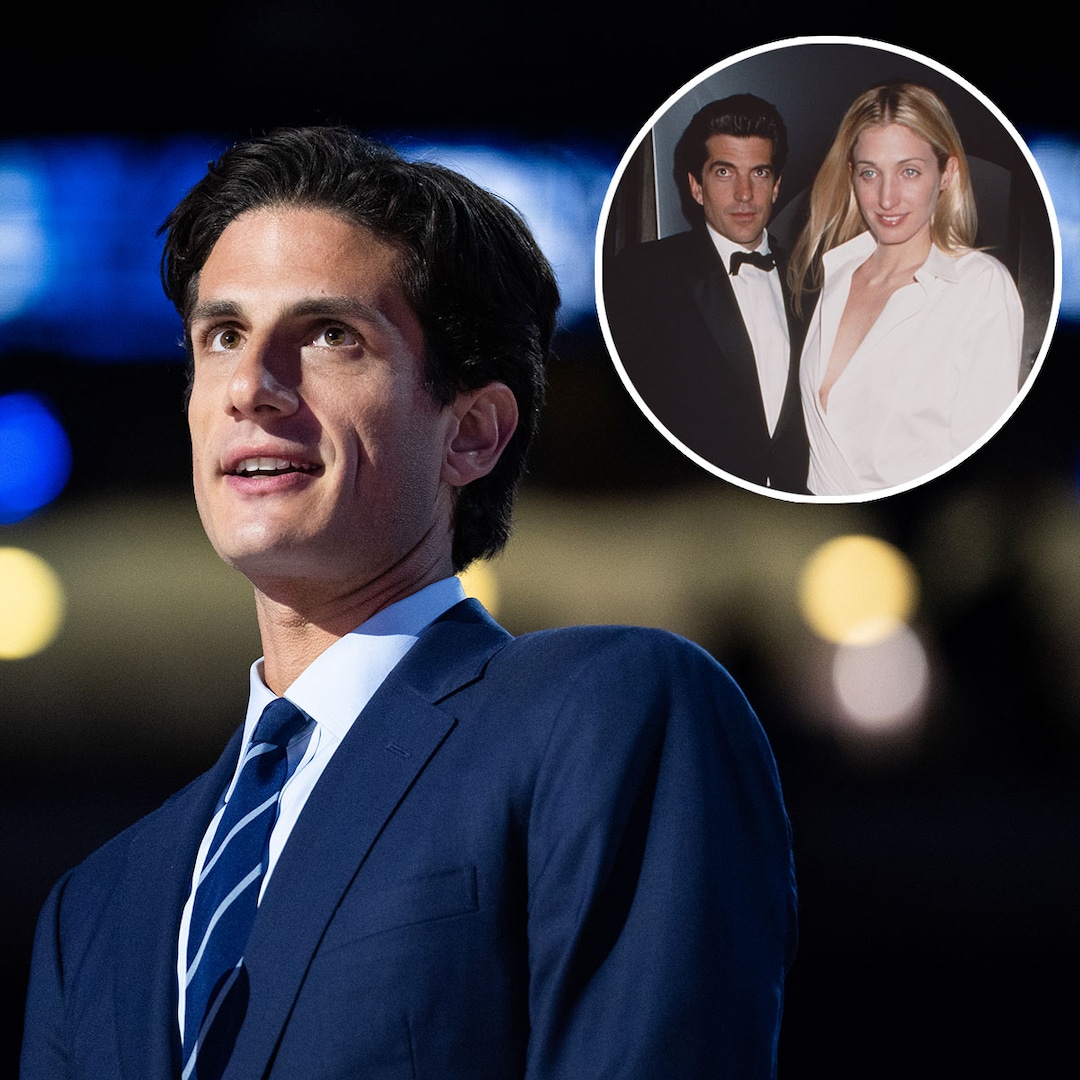

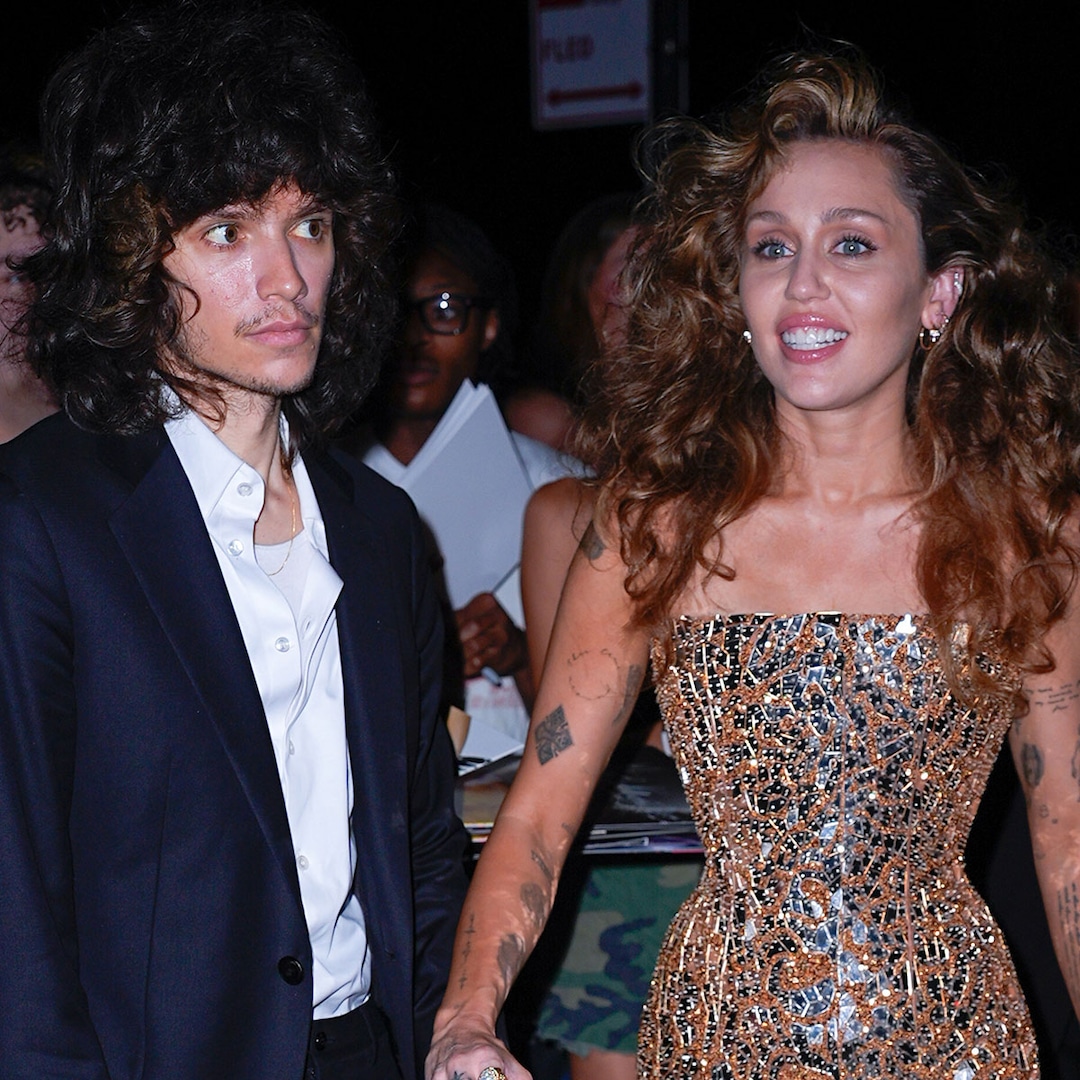
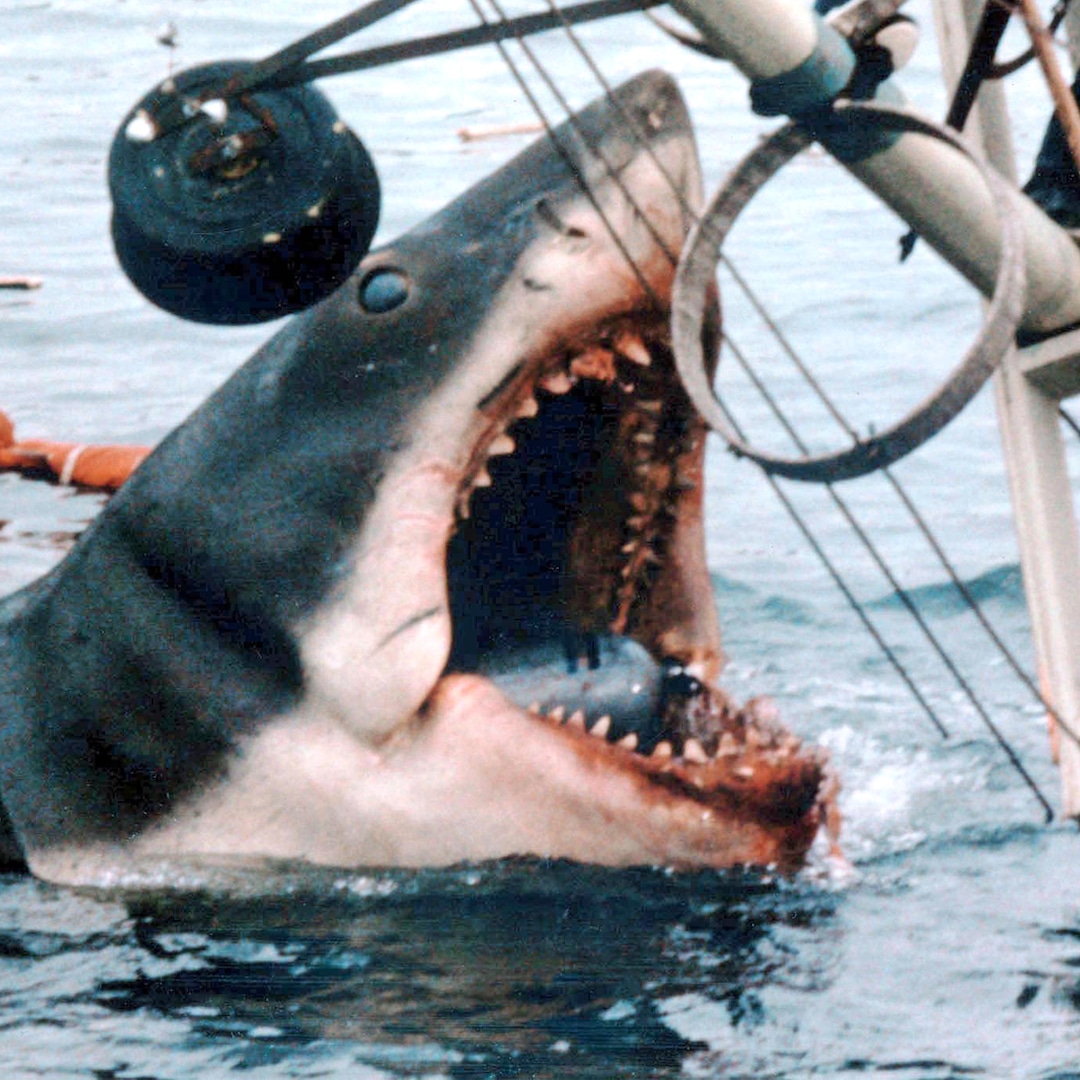

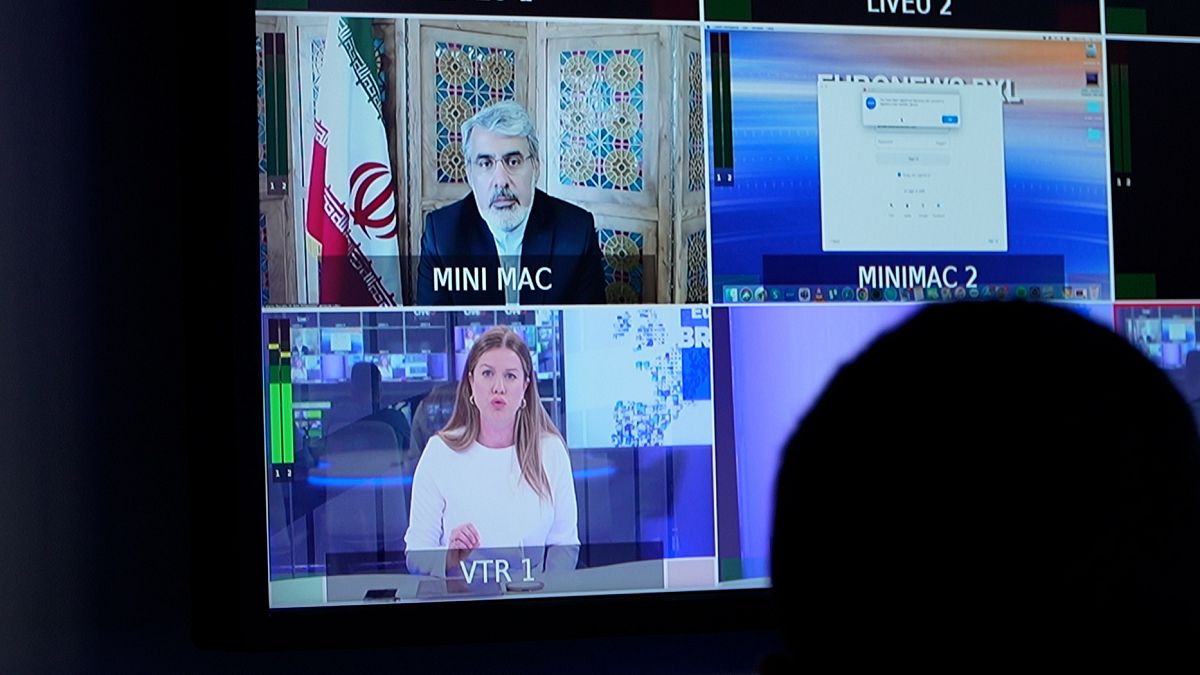







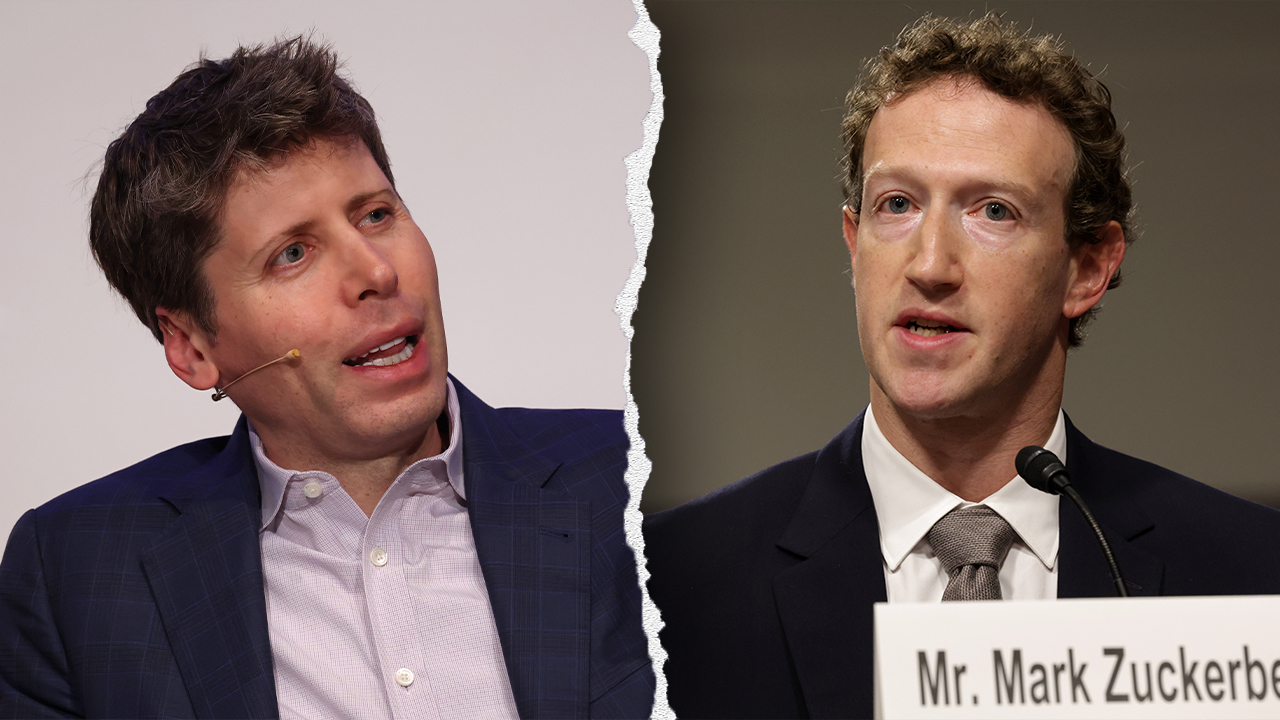







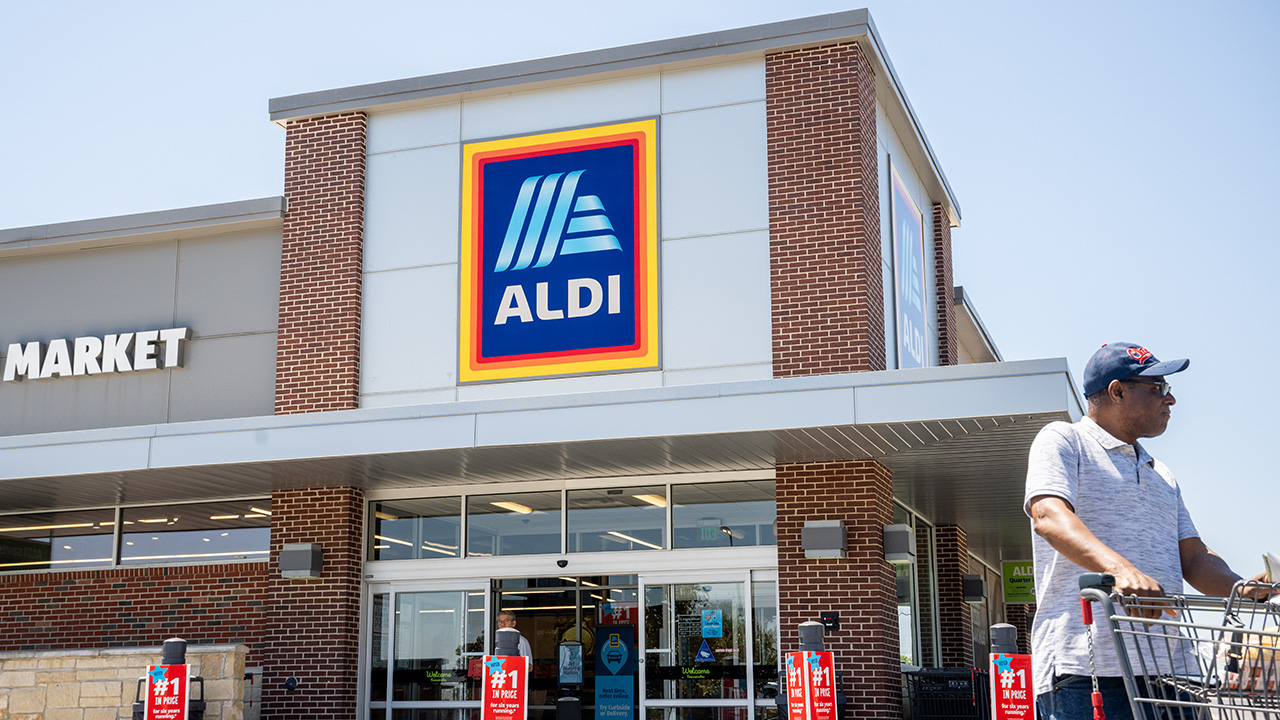




.png?Expires=1838763821&Key-Pair-Id=K2ZIVPTIP2VGHC&Signature=IO0~CT3pU-TcxGc~yoZSmoQx23MZVuK-~4jSii~NKEblRmyO3el7NXPu~Rh1o23voASg7hlcHLw4kvQuDK1jssEhcjoNBBvEpZ~GGOAU6yosBhpHpeF179F~h7i6VxmsBNh9gtTutkoqY73O2YCFey~IAqSzKbBqETP1kP9cAg1916Z1YkJJs-5MliMrkZ5d7-mWGLbpHp2wGj2VlMph8XzYlL4~y1O7fB~JdIS~Rs4RMRs2x0WT1qUIpHAsf3GdwtOyAmKFSpIg8xCyNGZZ5h~13nXlmpd7uPvW8tBfttpG9pFTqcway-uch5WyfHOEfi7UlJCOWrr6fCYY5PMgSg__)







